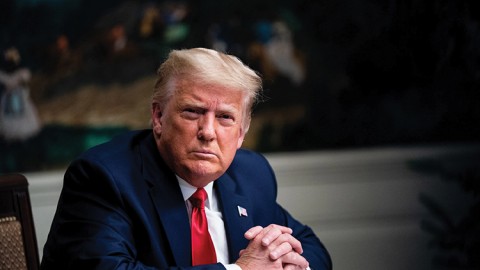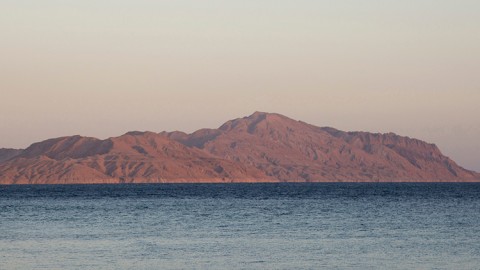As the relationship between global conflicts and economics increases in its complexity, currency has become just another one of many pieces to make that final checkmate move. In defiance of international sanctions, embattled Russian President Vladimir Putin declared that all “unfriendly” countries that have bought Russian energy supplies must fulfill their payments in roubles. This stood as a pressing challenge for the European Union, which gets an estimated 40% of its natural gas from Russia. Though several countries have asserted that the contract does not legally require them to pay using the Russian currency, they might not have any other option but to comply. While this request has received its fair share of criticism, it is a key decision that will force the energy market to support the value of the rouble in the face of tumultuous economic conditions.
Economist Alexander Mihailov, an Associate Professor of Economics at the University of Reading, suggests that the benefit of this decision is that demand for roubles would go through the roof in international forex markets, which would corner the West into permitting buyers of Russian fossil fuels to purchase roubles to fulfill their payments. This is also an essential strategy for Russia’s central bank to sell roubles, which is essential given that roubles have taken a significant hit to their value since the Russia-Ukraine conflict started followed by international sanctions.
In Mihailov’s economic analysis titled “Why Paying Roubles for Russian Oil and Gas Might Matter,” he explains that “the exchange rate at which EU or UK importers and consumers would sell euros or pounds to buy roubles in international forex markets to pay for their imports of Russian gas will start to matter: an expensive rouble will be costly for everyone from the importing firm, to the industrial factory or transportation company, down to the household using, for example, Russian gas for heating. Under the proposed change in the pricing rule, long-run demand for – and hence, upward market pressure on the value of – the Russian rouble in international currency markets would appear ‘guaranteed’ by an underlying long-run demand for Russian gas and oil by the West.”
Analysts have also pointed to the fact that this move is also an attempt to work around the hegemony of the US dollar. It has been adopted by the Kremlin to dodge sanctions by allowing Russia to trade in roubles.
The outcome of restricting the sale of Russian gas to roubles has brought some positive results for the Russian economy as inflation in the country slows down. According to data from CNBC, the country’s consumer price growth plummeted from 7.6% in March to 1.6% in April, with Russia’s decision to sell gas in roubles being considered a major factor for this outcome. Russia’s commitment to see that their demands are met was further demonstrated when they shut their gas supply to both Bulgaria and Poland.
Though the Kremlin’s decision may prove to be imposing, natural gas European buyers have been effectively taking steps to adapt to the current situation while ensuring their compliance with the sanctions of the EU. Some of them have opened Gazprombank accounts to settle the required payments in Russian roubles. While some have claimed that this move may breach international sanctions, Gazprom has stated buyers would have to make their payments in Gazprombank in foreign currencies, which would then be converted into roubles. In this system, buyers would have to open two accounts in order to properly facilitate the transaction: one in foreign currency and the other in Russian roubles.
In yet another move that could make the future outlook for Russia’s currency look more promising, Russia’s central bank took the decision to fix 5,000 roubles to one gram of gold, which would force people to make payments in gold in order to acquire roubles to finalize the necessary transactions. This decision would include overseas business partners who may potentially have to barter gold in order to attain the needed roubles to pay for energy supplies, as well as other products such as minerals and fertilizers.
Though the rouble decision may have its short-term benefits, it is to be noted that this strategy may have its limits as Europe has tried to deal with the current crisis by looking for alternative natural gas exporters and diversifying its energy mix. Recently, the EU Commission has released a EUR 210 billion plan to achieve energy independence from Russia by 2027. Given these recent developments, the rouble strategy may not be as effective in the long run as Russia’s main gas trade partners in Europe search for alternatives.
As the currency disagreements continue, the situation is widely considered a lucrative opportunity for other natural gas suppliers such as Egypt, having both a geographic and supply advantage, to become a main natural gas trade partner with Europe. If Europe is indeed successful in realizing its energy independence goals through boosting trade with alternative gas suppliers, then the long-term outlook for the rouble may indicate that it will hit some rough tides in the future due to a potential dip in demand. Setting politics aside, the rouble is safe for now, but Russian strategists will need a long-term plan to ensure that the value of Russia’s currency remains stable as the European market gradually moves away importing Russian natural gas.








